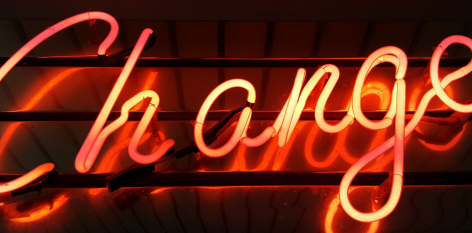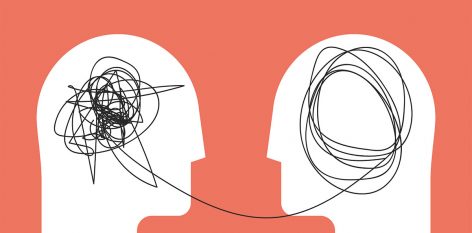‘Don’t trust someone who doesn’t drink.’
For anyone reading this, who has ever been on a night out with me, this article will seem highly hypocritical. But to me, that’s precisely why I am writing this.
For the last three years, I have been training companies on mental health. The final module of this training is ‘substance use problems’. While completing this training, this module in particular creates excellent discussion. I have only ever come across one company that has said that they have never had any internal issue with substance use, whether at an individual or cultural level. On more than one occasion, I have also spent time with those left behind after a colleague has died from suicide after developing a substance use disorder.
My observations are that there are two types of people when it comes to understanding mental health:
- Type 1: The curious
There is a generation of people that perhaps haven’t prioritised their mental health. I have met many leaders from across organisations who had little experience with mental health and the importance of the role it plays on the organisation until recent years. They are typically from the generation where mental health care had a significant stigma, so people didn’t talk about it.
Throughout my training sessions, I’ve observed that this group have identified the dominance of mental health challenges during the pandemic. Consequently, they have commenced the process of understanding that it is a topic that cannot be ignored, as well as the importance of their own mental wellbeing. Mental health is a much scarier topic for them. But it is one they are intrigued to find out more about.
- Type 2: The change makers
Then there is a new generation who seem to be coming into the workplace. They have a much more robust understanding of mental health, and they are raising the bar regarding employee recognition of the topic. They are more likely to reach for a kombucha than a glass of wine, and they are looking for a new type of employee experience.
Through my substance use training module, I have participated in a number of beneficial debates and conversations with a wealth of people who sit in these two categories, and I have one key takeout:
It’s time to rethink ‘entertainment.’
For relationship-based industries, ‘entertainment’ is crucial. Employees in sales-based roles are KPI’d on how sociable they are. This often involves restaurants, lunchtime drinks (early hours), parties, etc. However, as the lockdown periods end, it is time to rethink entertainment from experiences centred around alcohol consumption to creating human connections through enjoyed experiences.
Why do we need to do this?
- Because if we listen, it’s what people want
The pandemic has made people more health-conscious. During many of my mental health training meetings, people have ‘confessed’ to not wanting to re-enter the ‘work-hard, play-hard’ era. Instead they’re expressing a desire to participate in some healthier activities and create a ‘new normal’. ‘I know it sounds nerdy, but I would much prefer to be invited to a clay workshop than a party,’ said a recent 24-year-old in my mental health group. This was met by a series of nods from the rest of the group. This hasn’t just been the consensus of those being fortunate enough to be taken out; this feeling is from both sides of the equations. Sales teams are exhausted.
‘Smoke-bombing’ and ‘ghosting’, meaning people leaving an event without saying goodbye, in the hope that no one will know they have left, was becoming common-practice prior to Covid-19. ‘I can hide behind my age now and say I am too old to be out partying anymore,’ said one of my group recently. This shouldn’t be the norm.
Let’s create events and employee experiences that people want to attend.
- Because substance use is a mental illness
Stop being an enabler. Bars in offices, lack of non-alcoholic options at the Christmas party, and bar tabs are all enablers of substance use disorder. While many enjoy these as ‘industry perks’, some find the temptation too hard to resist and can become reliant on these substances. For someone struggling with a substance use disorder, this kind of environment can make it extremely difficult to break the cycle and, most commonly, makes it difficult for people to identify that they have a problem.
‘Silly season’ (a festive period marked by frivolous, outlandish, or illogical activity or behaviour) is just around the corner. Please keep in mind those who may have developed an addiction during the pandemic. Look out for those who may need help; support these people, don’t normalise it.
- Because we can build stronger relationships when we help to create employee experiences
‘Entertainment’ is provided to foster relationships. Create experiences for employees and partners to remember. This will build longer-term relationships. Team building activities, experience training, and activities that support people’s lives holistically are the future of entertainment.
This isn’t about being the fun police. It’s about changing the language from ‘stay for one more’ and ‘don’t be so boring’ to ‘thanks for coming, have a great night’.
It’s about creating variety so that we can become more inclusive and diverse workplaces.
It’s about giving people more choice.
pic: pavel-danilyuk


